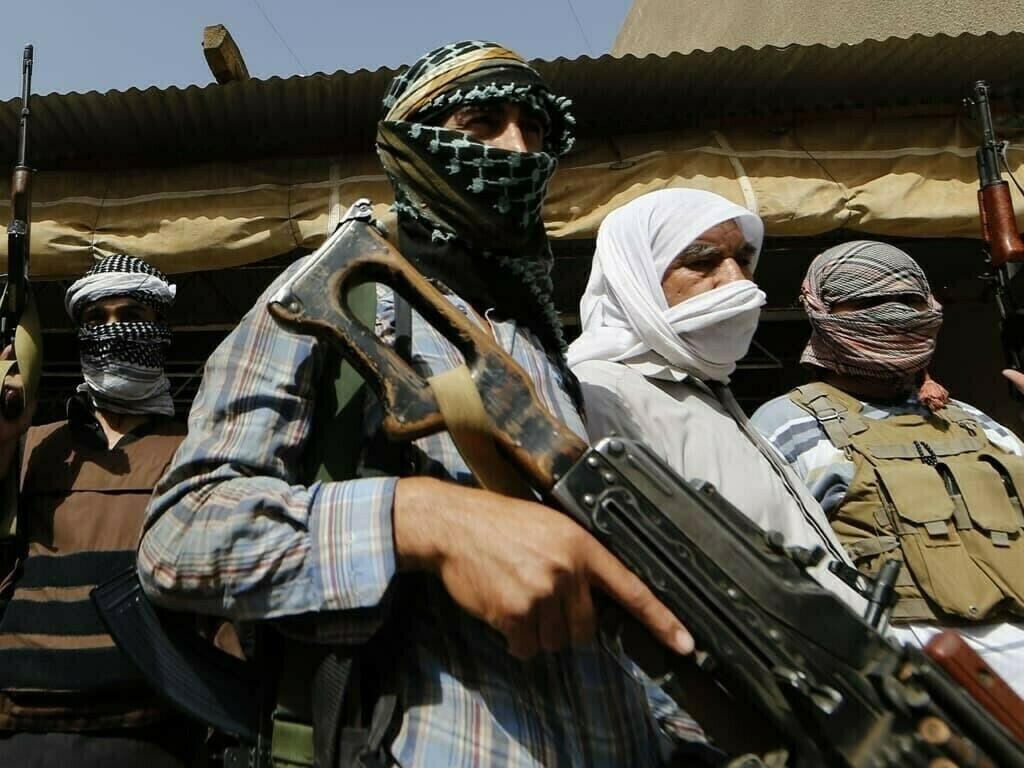
Pakistan's position as the world's second most terrorism-affected country in the latest Global Terrorism Index represents more than a statistical ranking—it reflects a fundamental national security crisis demanding urgent recalibration of strategy. The recent Bannu attack, claiming 18 lives including security personnel, exemplifies the escalating threat landscape that now requires uncompromising military and political responses.
The Resurgent TTP Threat
The Taliban's Afghanistan takeover has directly enabled TTP's resurgence through:
- Cross-border safe havens facilitating militant regrouping
- Operational freedom for planning and launching attacks
- Tacit Taliban support despite diplomatic assurances
This sanctuary has transformed TTP from a contained threat to a renewed strategic danger, with attack patterns indicating:
✔ Systematic targeting of security forces
✔ Expanding territorial reach across KP and Balochistan
✔ Sophistication surpassing pre-2010s insurgency levels
Failed Approaches and Necessary Shifts
Previous strategies have demonstrably failed:
- Diplomatic engagement with both Kabul and TTP proved futile
- Counterterrorism operations lack cross-border dimension
- National Action Plan exists only nominally without implementation
The way forward demands:
- Military Surge
- Targeted operations against TTP strongholds
- Precision strikes on cross-border sanctuaries
- Enhanced border security mechanisms
- Diplomatic Offensive
- Ultimatums to Taliban regime regarding TTP presence
- International pressure campaign highlighting Afghan complicity
- Bilateral security reassurances with regional partners
- Domestic Security Overhaul
- Revitalized National Action Plan with accountability mechanisms
- Counter-radicalization programs targeting recruitment networks
- Financial crackdown on militant funding streams
The Stakes of Inaction
Continued hesitation risks:
- Economic paralysis through investor flight and instability
- Security force attrition from sustained asymmetric warfare
- State authority erosion in conflict zones
Pakistan stands at a strategic crossroads—either:
A) Continue reactive policies enabling TTP's consolidation
OR
B) Launch comprehensive offensive eliminating the threat decisively
The choice is clear. Twenty years of counterterrorism experience have proven that half-measures only prolong the conflict. With over 80,000 Pakistani lives already lost to terrorism, the nation cannot afford another cycle of tentative responses and negotiated failures.
This demands:
- Political unity transcending partisan divisions
- Military resolve to neutralize external sanctuaries
- International mobilization against terrorist safe havens
The time for defensive posturing has passed. Either Pakistan shapes its security future through decisive action today, or risks surrendering it to terrorists tomorrow.


